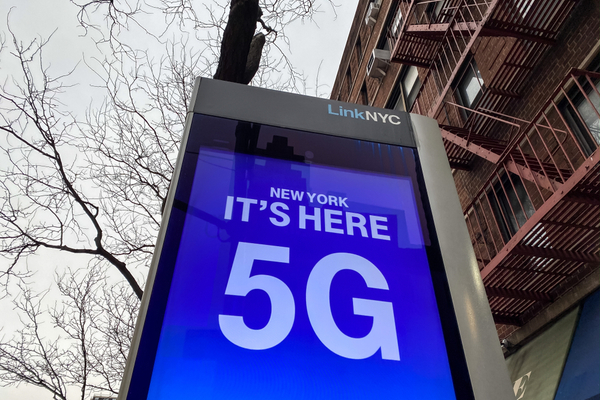5G is about to hit a major milestone. According to telecom equipment maker Ericsson’s latest mobility report, 1 billion (yes, billion with a “B”) wireless subscribers around the globe will be connected to 5G by the end of this year. While that may be well behind 4G, which grew to around 5 billion subscribers in 2022, Ericsson predicts that 4G growth will peak at the end of the year, with 5G racing in to replace the reigning connectivity standard.
However, while higher speeds are on the way for many of us, we’ll probably have to pay more for it, too.
As The Verge reports, in North America, where carriers have been declaring the supremacy of 5G for the past three years, around 35 percent of mobile subscribers will be on 5G at the end of 2022. The good news: mid-band 5G, aka the good stuff, now reaches 80 percent of the US population. Mid-band provides a sweet spot of wide coverage and truly faster than LTE speeds. Now for the bad news: Ericsson sees another trend emerging globally as 5G takes over, and that’s carriers charging a premium for faster speeds.
Ericsson’s report on higher prices for 5G points largely to Western Europe, where it’s common to see wireless plans divided up into different speed tiers. But it’s not an isolated practice; Ericsson says that, of the carriers offering 5G globally, “there are 25 percent who charge a premium for 5G, over their 4G service, with an average price premium of around 40 percent.”
In the US, it’s a complicated story. All three major wireless carriers include 5G connectivity on all of their unlimited data plans and can thus claim to not charge a premium for 5G. But that’s not quite true across the board: on Verizon, you need a “premium” unlimited plan to access mid-band 5G, while its cheaper unlimited plans are limited to slower — much more LTE-like — “Nationwide 5G.”
T-Mobile includes mid-band 5G on all of its unlimited plans, but people on its most basic $60 per month Essentials plan are always subject to data deprioritization — that is, slower speeds when the network is congested. Paying much more for the $85 per month Magenta Max plan gets you unlimited “premium” data that won’t be slowed down based on network traffic and your usage.
So, there’s no premium for 5G, but there’s still kind of a premium for 5G. Ericsson sees the trend of using speed to entice customers to upgrade continuing. Of the speed tier approach, the company’s report says, “This pricing strategy is gaining momentum, and now 24 percent of those with a 5G offering use it to segment the market and motivate consumers to move up to higher-priced tiers.” Expect to see more 5G bars in more places in 2023, but get ready to pay for it, too.
—
Photo Credit:Nicole Glass Photography / Shutterstock.com
